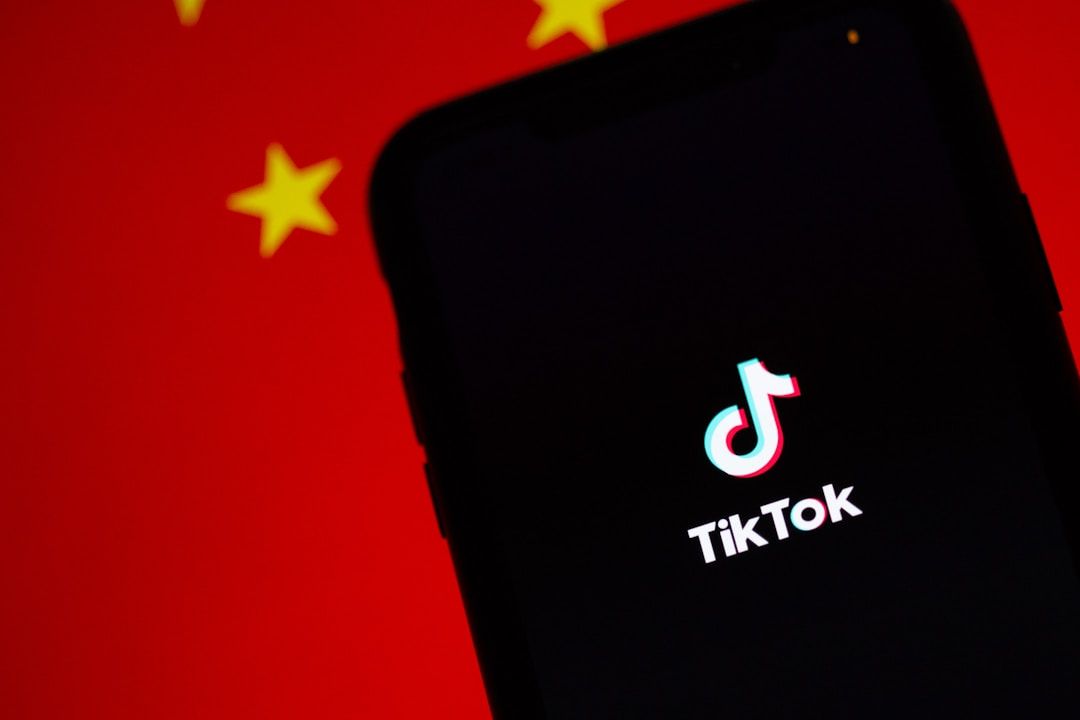So, if the bill isn't primarily about protecting U.S. citizens' data, what is its true motive? It appears to be more of a strategic move by American companies eyeing TikTok's success and seeking a share of its thriving market. TikTok's rapid growth, particularly among younger demographics, would attract major U.S. tech companies like Meta and Alphabet, who would see it as a valuable avenue to reach a younger and expanding market segment.
However, replicating TikTok's success isn't as straightforward as creating a similar app. Success in the digital realm depends on various factors such as the uniqueness of the app's algorithm, meeting unmet user needs, and timing. TikTok's algorithm, which prioritizes user interests over social connections, has been pivotal in sparking viral trends and shaping mainstream conversations on significant global issues. For instance, TikTok’s role in shifting the narrative on the Israeli-Palestine from a mere “complicated conflict” to identifying the genocide taking place in Gaza- that mainstream news outlets initially overlooked- cannot be downplayed.
Therefore, the push to force ByteDance to sell TikTok seems more about controlling a platform with significant influence over public discourse and cultural trends rather than genuine data security concerns. By framing it as a national security issue, the underlying motives of U.S. companies seeking TikTok's acquisition, as such, are obscured.
Furthermore, the prospect of banning TikTok raises valid concerns about economic fairness and government intervention in private enterprise. If the U.S. government can mandate the sale of a privately-owned foreign company like TikTok, it sets a precedent that challenges democratic and free-market principles.

